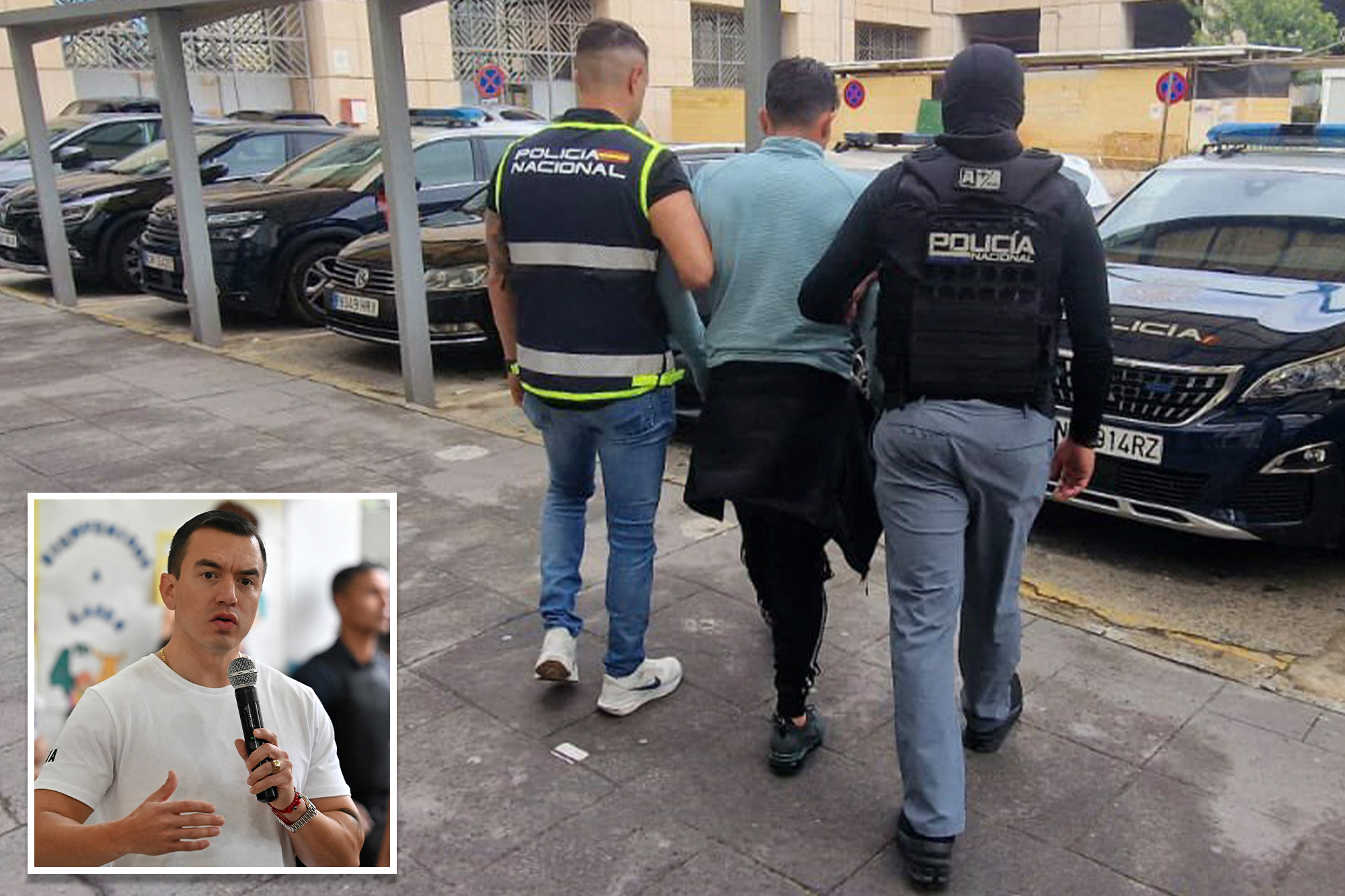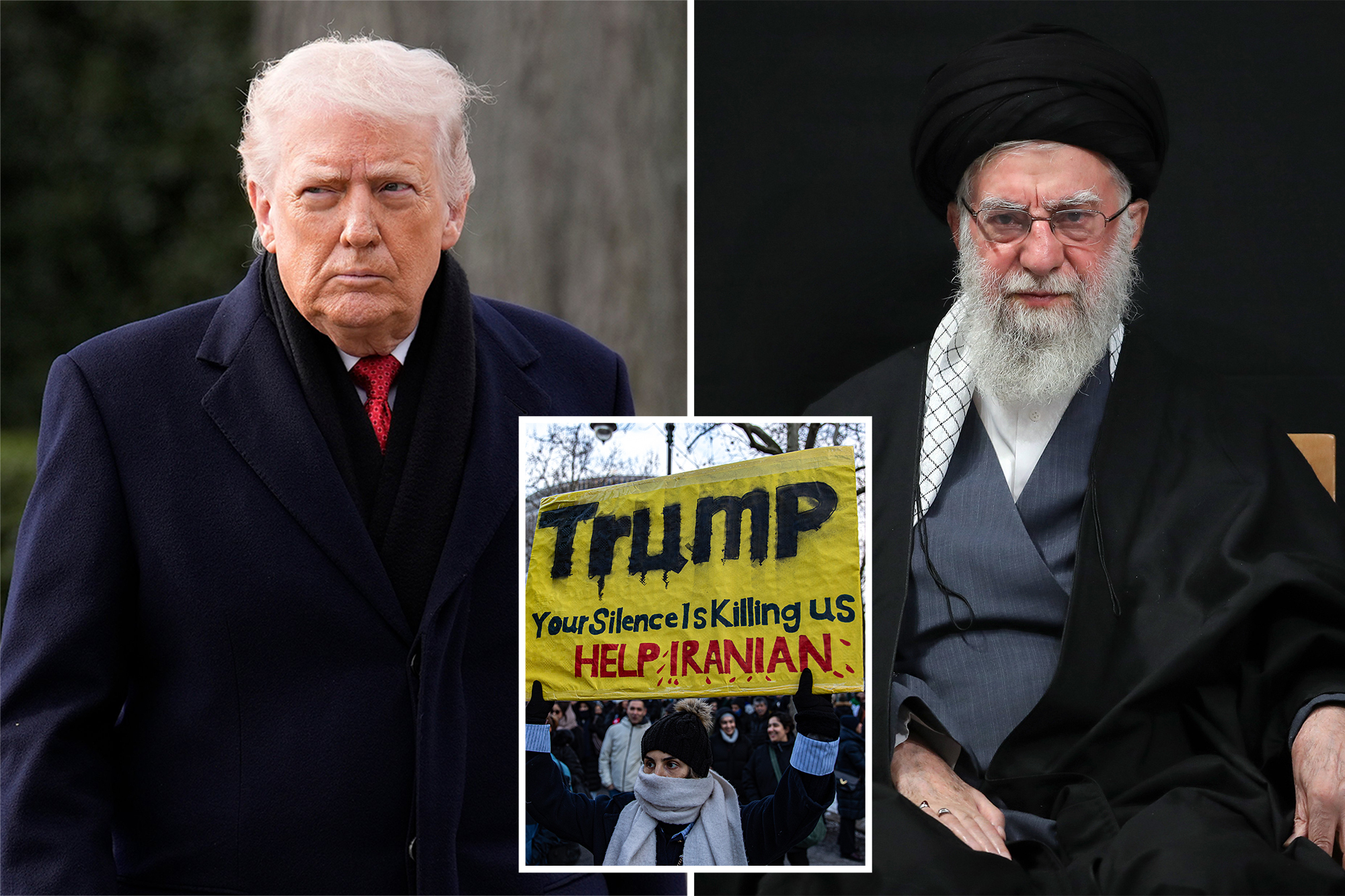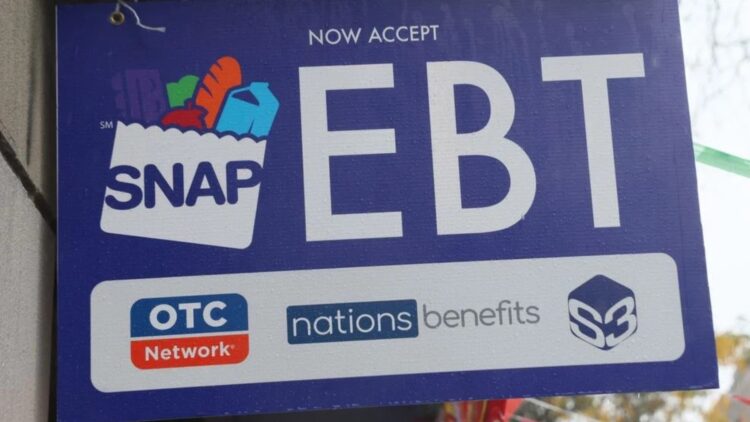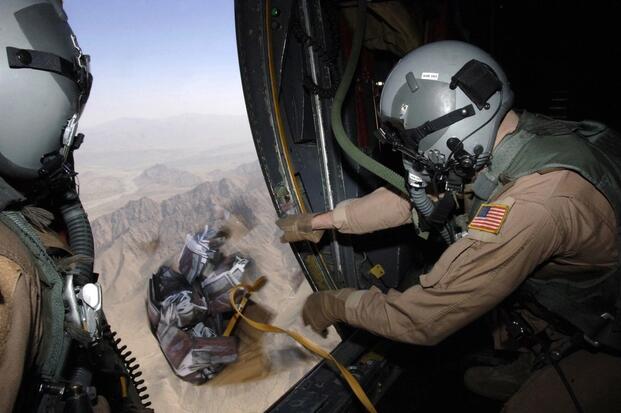Wilmer ‘Pipo’ Chavarria, one of Ecuador’s most wanted drug traffickers, was arrested in Malaga, Spain, on Sunday, four years after faking his own death due to COVID-19. Authorities allege that Chavarria had been orchestrating a drug trafficking operation from Europe while maintaining a false identity. His arrest came as part of a collaborative effort between the Spanish National Police and Ecuadorian authorities.
Chavarria, the alleged leader of the drug trafficking organization known as Los Lobos or “The Wolves,” was apprehended in a public area, as shown in images released by the police. He was seen being escorted to a patrol car while dressed in a black-and-green tracksuit. Los Lobos has approximately 8,000 members and is implicated in serious crimes, including political assassinations and violent turf wars.
Background on Chavarria and Los Lobos
The United States designated Los Lobos as a terrorist organization in September 2023, citing its extensive involvement in drug trafficking and violent crime. Chavarria, who reportedly faked his death in 2021, had his family claim he died of a heart attack linked to COVID-19. However, Ecuadorian President Daniel Noboa asserted that Chavarria used this ruse to evade capture while continuing to direct criminal activities from abroad.
While in hiding, Chavarria allegedly coordinated drug shipments to various countries, ordered targeted killings in Ecuador, and oversaw illegal mining operations. In a statement on social media, Noboa expressed gratitude to the police forces involved in the operation, emphasizing the importance of international cooperation in combating transnational crime. “Some wrote him off as dead; we hunted him down in his very own hell,” Noboa stated, highlighting the government’s resolve to tackle organized crime.
The Impact of Drug Trafficking on Ecuador
Ecuador, once regarded as one of the most peaceful countries in South America, has witnessed a significant increase in violence linked to drug trafficking. The surge in homicides and violent crime has escalated as gangs vie for control over lucrative drug trade routes, particularly those serving as transit points for cocaine produced in Colombia and Peru. Recent attacks have targeted officials, including presidential candidates and journalists, raising alarm over the deteriorating security situation.
Chavarria’s arrest coincided with a crucial vote in Ecuador, where citizens rejected a proposal to allow foreign military bases in the country. This outcome represents a setback for President Noboa, who advocated for the reform as a means to enhance international anti-drug cooperation, particularly with the United States. “International cooperation is the only way to dismantle these drug trafficking groups, which are transnational criminal networks,” Noboa remarked after casting his ballot, underscoring the ongoing challenges faced by his administration.
The arrest of Chavarria is seen as a significant victory for Ecuador in its ongoing battle against organized crime, marking a pivotal moment in a country grappling with the ramifications of drug trafficking. As authorities continue their efforts, the implications of this case extend beyond national borders, highlighting the need for collaborative strategies in addressing global drug-related issues.






